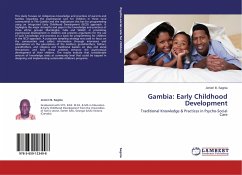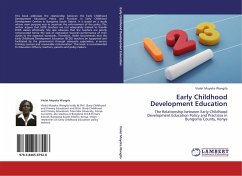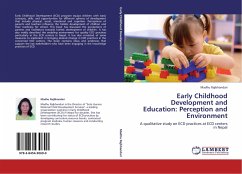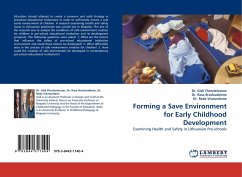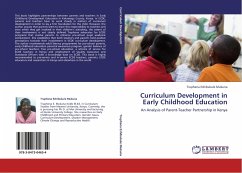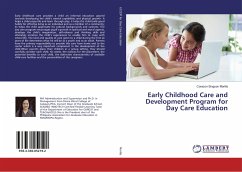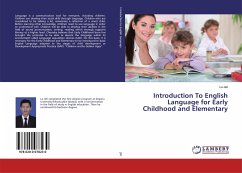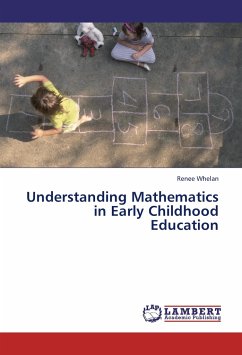This study focuses on indigenous knowledge and practices of parents and families regarding the psychosocial care for children in three rural communities in The Gambia and the implications this has for programming using an Integrated Early Childhood Development (IECD) approach. It highlights the major strengths and gaps in the knowledge and practices of three ethnic groups: Mandingka, Fulla and Wollof, in promoting psychosocial development in children and presents arguments for the use of such knowledge and practices as a basis for programming for children in the IECD approach. A purposive sampling strategy was used to focus on the communities and collect information through interviews and observations on the perceptions of the mothers, grandmothers, fathers, grandfathers, and religious and traditional leaders on play and social interactions and how those activities enhance the psychosocial development of their children. The results indicate that considerable amount of knowledge exists at community level that could be tapped in designing and implementing sustainable childcare programs.

